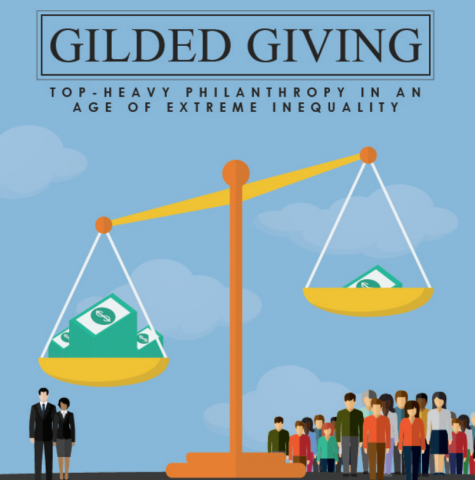Through research, policy advocacy, and public education, the Coalition for a Livable Future (CLF) works to create and preserve affordable housing; ensure clean water; protect open space, wildlife habitat and farmland; create living wage jobs; provide real transportation choices; and end hunger. CLF work emphasizes a cross-sectoral approach that stresses the interconnections between these issues. Read more about Coalition for a Livable Future...

